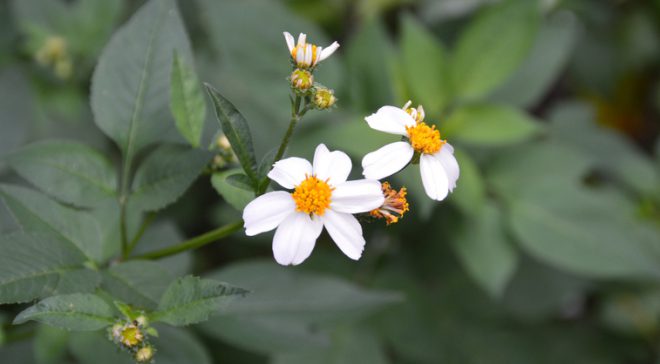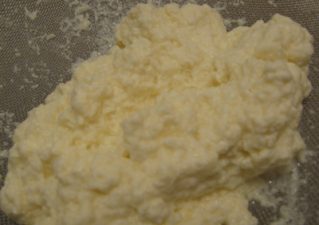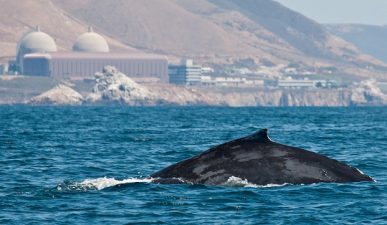
Russian scientists found that an invasive plant brought from America has the enzymes to create a plant-based enzyme that makes wine and cheese.
Like making lemonade from lemons (or fermented lemons which are even better) Russian scientists have found the best way to use an invasive weed brought from America – and called hairy beggarticks or Bidens pilosa officially. Its other names are black-jack, cobbler’s pegs and Spanish needle. The Russians found that the leaves of the plant contain an interesting enzyme, one that could function as a vegan alternative in the food industry to make cheese and wine, they report in the International Journal of Scientific & Technology Research. This plant, like duckweed as a superfood (see the startup GreenOnyx), could be a promising new ingredient that is vegan, kosher and halal.
Eating a Plant-Based Diet
The scientists say that the leaf extract of hairy beggarticks (let’s say it three times: hairy beggarticks, hairy beggarticks, hairy beggarticks!) contains enzymes that speed up fermentation in wine and which help turn milk into cheese, working as a plant-based alternative to the expensive enzymes used in the food industry such as rennet which comes from an animal stomach. Vegans are looking for alternatives to animal based products constantly such as sturgeon or gelatine as wine clarifiers. Remember when Starbucks got called out for putting crushed red beetles in its frappuccinos? That’s what we are talking about.
According to the authors from South Ural State University, the technique they now use with the invasive plant can produce cheaper plant alternatives to expensive enzymes necessary in wine and cheese production. And obviously the vegan alternative is much desired as more people turn to a plant based diet.
“There is a long tradition of using Bidens pilosa as a medicine,” says Irina Potoroko from the Russian institute. “Due to its prevalence, its use, in our opinion, is extremely beneficial in winemaking and milk processing, where the Bidens pilosa extract can become an alternative to many food animal enzymes,” she said.
In the experiments, the researchers proved that fresh leaves of Bidens pilosa have high protease activity in an acidic buffer pH 4 (8.2567 × 10-7 mM / mg / min) compared to an alkaline buffer pH 10 (5.15 × 10-7 mM / mg / min) at 30 degrees Celsius. The scientists were able to determine the optimal conditions for the enzymatic activity of the leaf extract, which makes it possible to use in various technological processes.
Potoroko believes that it is necessary to continue the research in order to find out which part of the plant (roots, stem, flowers?) has the greatest protease activity, because the research carried out was focused only on fresh leaves.
Bidens pilosa is widespread in the world as a weed imported from America. In Russia, the plant was found in the Far East. Bidens pilosa belongs to the quarantine weeds prohibited for import. Going forward, the scientists want to break down even more parts of the plant, which originated in the U.S. but spread throughout the world as an invasive weed.



